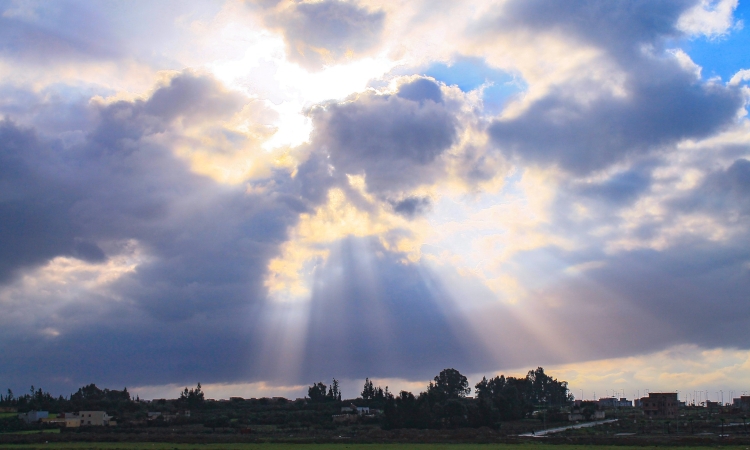When as a species we started to settle and farm, our culture and philosophy began to flourish. People had more time to wonder about the meaning of existence and whether earthly life is ultimately all we can count on. So, is there an afterlife? The question is not an easy one, but there are some indications that this may be true.
Curiosity – the natural driving force of humanity
Curiosity is a feeling that drives us. Thanks to curiosity, we constantly study phenomena and experiences that are incomprehensible to us. We have been trying to find the meaning of existence and life after death from the very beginning of our history. Already in tribal societies there was a view that the material world is only part of a larger whole, which also consists of the spiritual world. For thousands of years, people have wondered is there life after death, which is why every major civilization has dealt with this extremely important dilemma. Why is belief in an afterlife so important? Because it largely defines how a given society behaves. Believing that there is life after death, people behave according to certain rules because they know that how one proceeds in life will be judged after death. For thousands of years, the issue of life after death has been on the minds of scholars, sages and average people, because it is an unexplored mystery that is revealed only at the time of death of each individual.
Heaven, Hell, Purgatory, Nirvana, Valhalla– the afterlife in different cultures and civilizations
Every major civilization realized that there must be some kind of life after death. The Ancient Greeks believed in Elysium, the Vikings believed in Valhalla, and Buddhists believed in the achievement of nirvana. According to the Christian faith, after death we go to Heaven, Purgatory or Hell. It all depends on how we acted during our earthly lives. If we were good, righteous, godly, honest, generous, and obedient, then we go to Heaven. If we sinned, but our actions were dominated by good deeds, then we go to Purgatory, a place where we have to atone for our sins for a certain amount of time (although the time in the afterlife is something completely debatable). In the case of committing the worst sins and not repenting them in any way, only eternal damnation awaits such a person in Hell. It is worth emphasizing at this point that the good and bad deeds that define where we go after death take place in everyday situations. Our little daily choices decide about holiness or damnation.
Everything indicates that life after death is certain, so it is worth living your life in such a way that eternity will not be a torment.












